At Last, a Ceasefire—Will it Last?
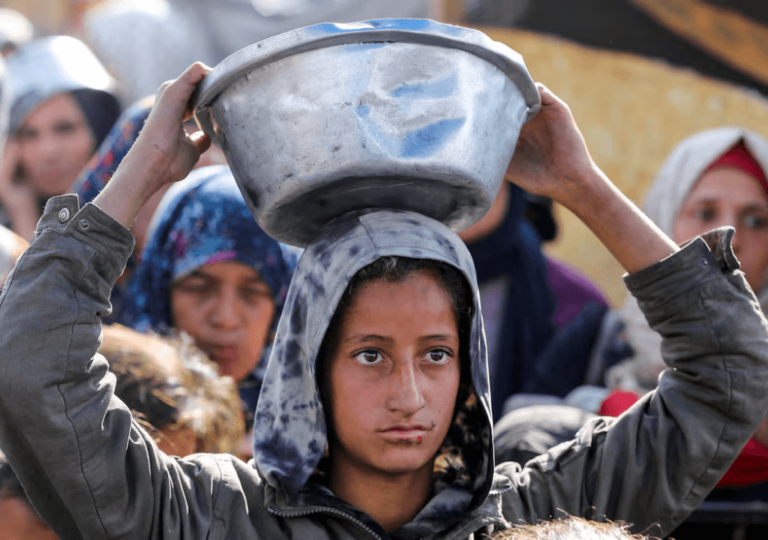
Israel and Hamas have agreed to a ceasefire, effective Sunday, to exchange hostages and pause the conflict in Gaza

Israel and Hamas have agreed to a ceasefire, effective Sunday, to exchange hostages and pause the conflict in Gaza
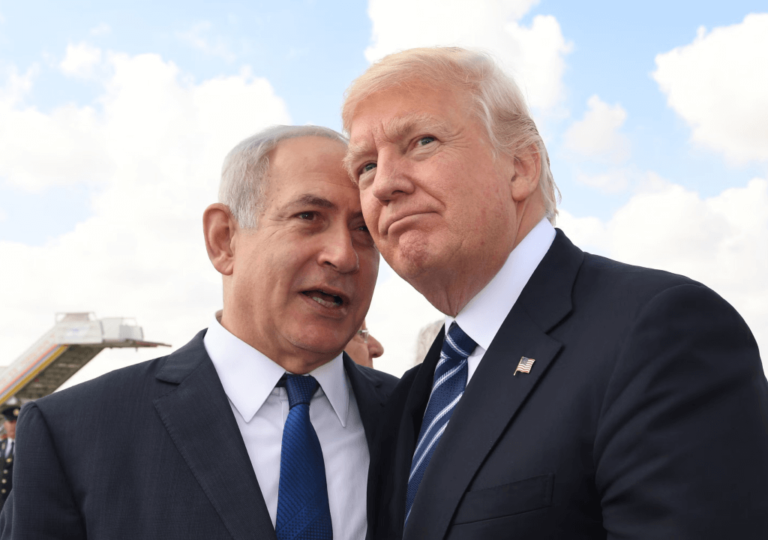
Donald Trump aims to broker a Gaza ceasefire as he begins his second term, emphasizing urgent negotiations and hostages release
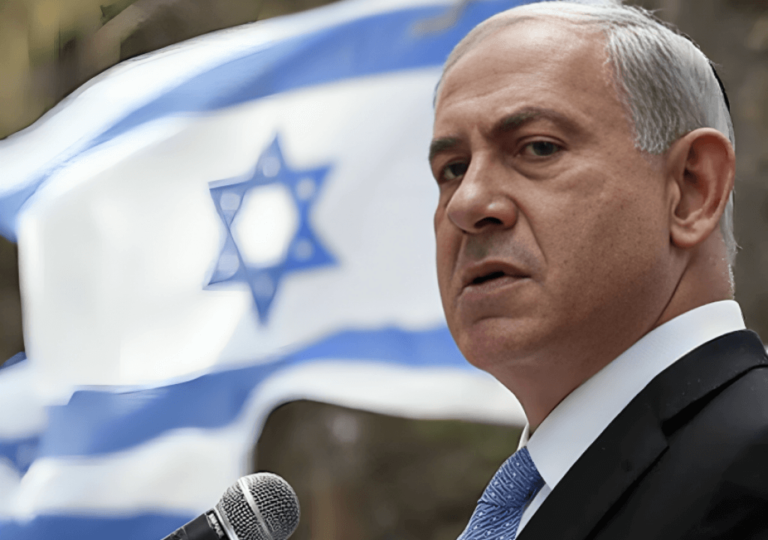
Israel's recent actions suggest expansion beyond its original borders, intensifying focus on the Golan Heights and settlements in occupied territories
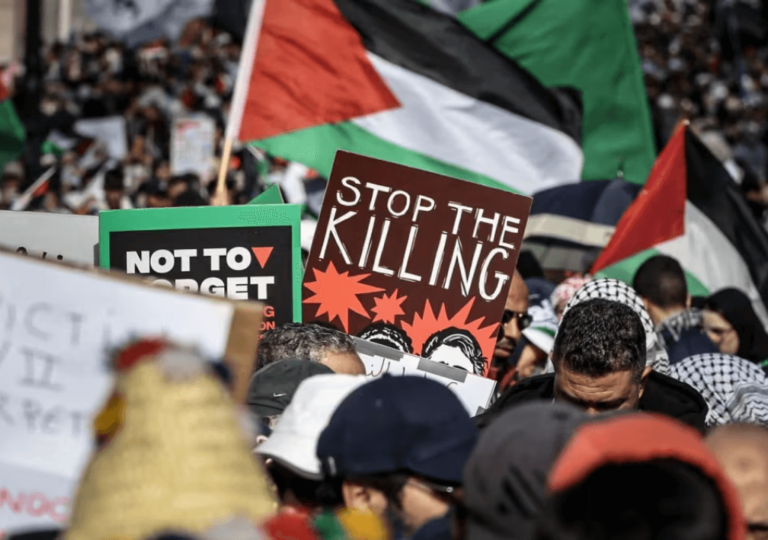
Singapore maintains a cautious stance on the Israel-Hamas conflict, advocating for Palestinian sovereignty while withholding formal recognition of Palestine
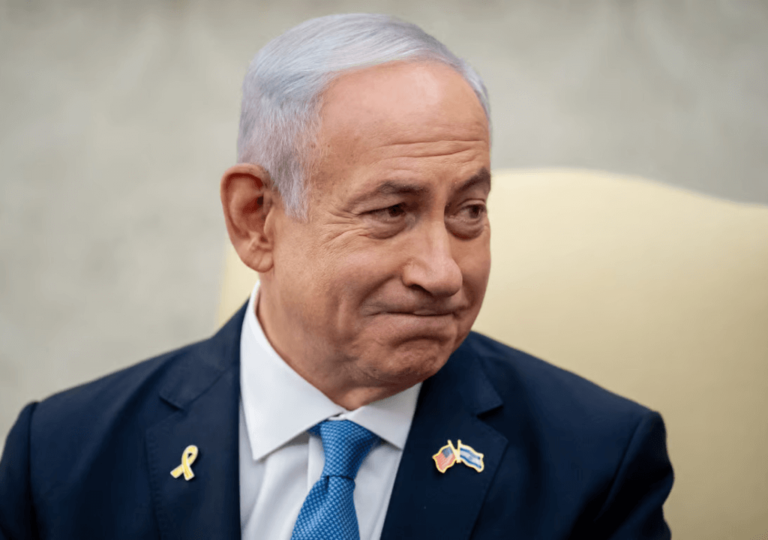
International Criminal Court issues arrest warrants for Netanyahu and Gallant over alleged war crimes and crimes against humanity in Gaza
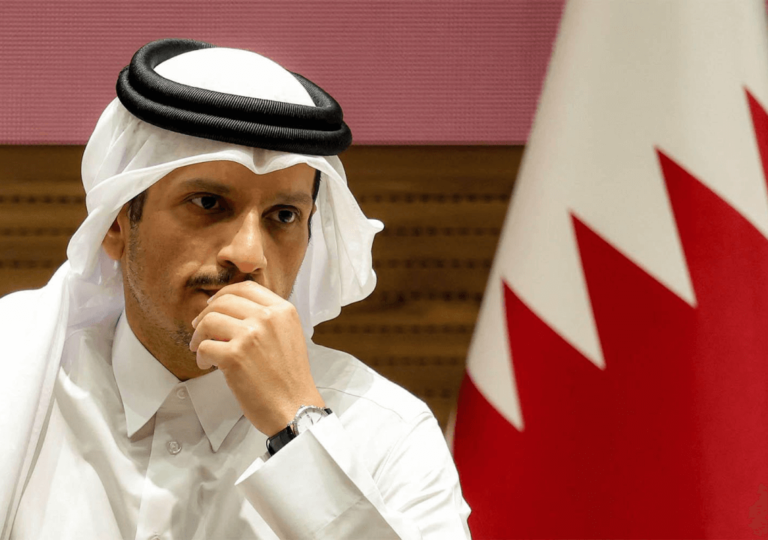
Qatar is stepping back from mediating between Hamas and Israel, citing lack of good faith from both sides
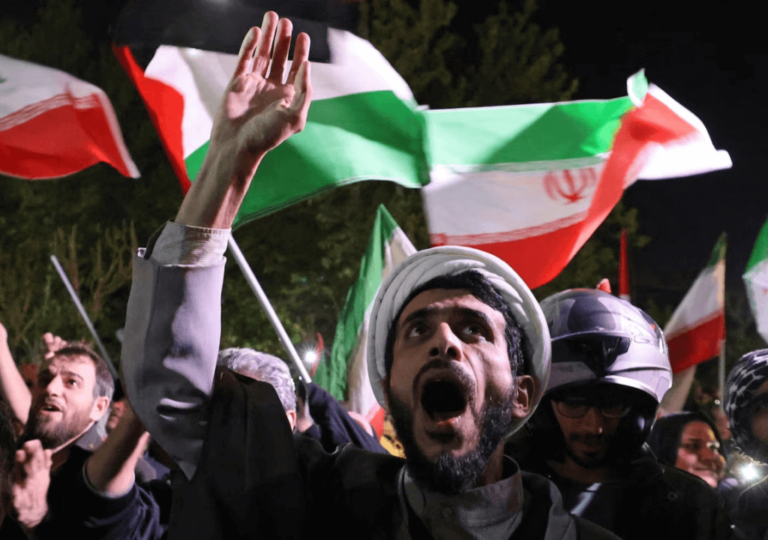
Israel and Iran's conflict escalates, with direct strikes exchanged, raising fears of broader regional war
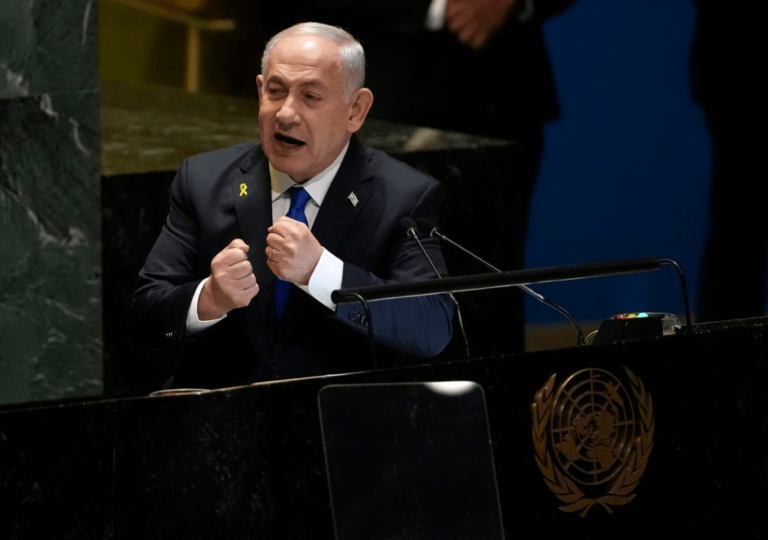
The United Nations struggles to maintain authority amid escalating global tensions, particularly in the Israel-Palestine conflict
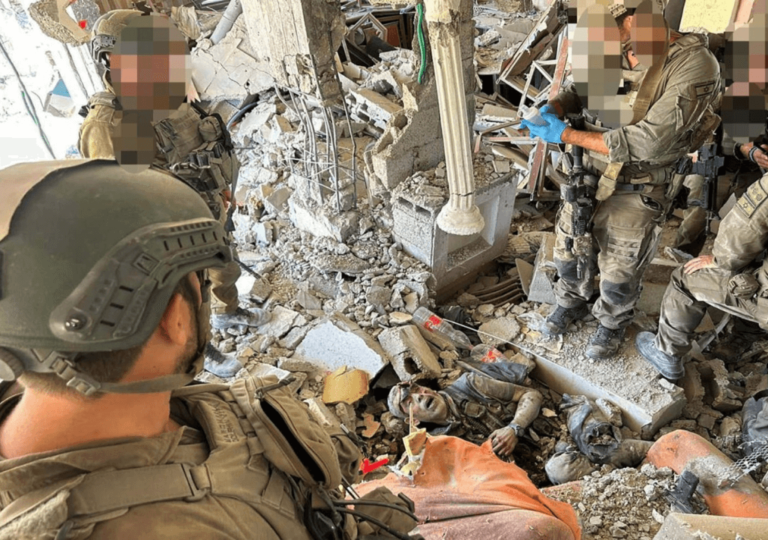
Israel has killed Yahya Sinwar, the mastermind behind the October 7th attack, escalating its war against Hamas and Hezbollah
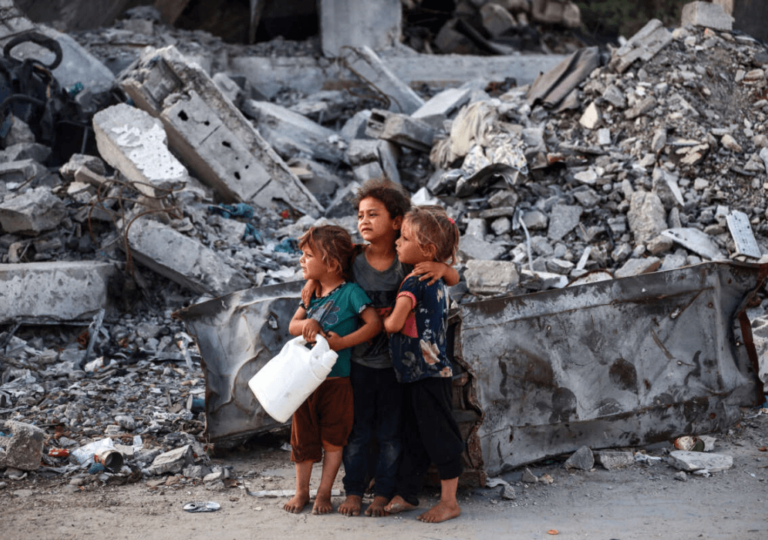
One year after Hamas's brutal attack on Israel, global commemorations highlight the ongoing conflict's devastating toll